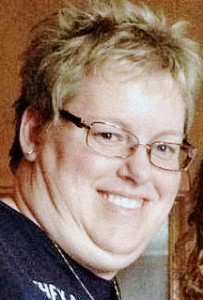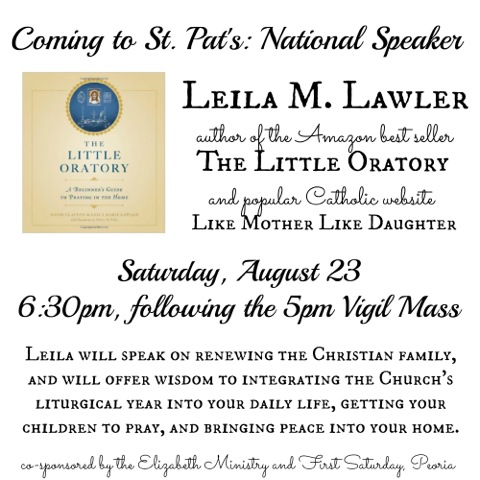Linking up with Modern Mrs. Darcy for Twitterature, a monthly round-up of current reads.
This post is brought to you by the fine folks at College Angst.
No, it’s not a real thing, but it should be.
Planning for college, paying for college. I genuinely find this a fun time, now that my oldest is a high school junior. But being honest, this time also involves a ton of stress.
Reading this article from The Onion, “New Parents Wisely Start College Fund that Will Pay for 12 Weeks of Education,” made me laugh, but then cry, because of the truth of this.
As parents, you diligently save, and then you look at the balance and think, “Well, this could cover textbooks for the first year, maybe.” I’m joking a tiny bit, but wow, the cost of higher education.
For several years, I’ve been asking my siblings with older kids, friends with college-aged kids, and random people I meet, about their modus operandi to college and paying for college for their children.
A very few of the many approaches I’ve heard (in no particular order):
*student attends community college for first two years to save money and explore major options, then transfers to a four-year school to finish.
*no debt allowed for undergrad, but debt allowed for graduate school. So, for instance, student goes to school offering best package, and then has more money from parents or can take on debt for graduate school or launching into “the world.”
*parents provide a set amount for each child, and student is responsible to make up rest–future debt of student not considered.
*parents and student together plan to pay for best school student can get admission to.
Not covered in this is faith formation. Some parents have shared that they require a student to attend a Catholic college or one with a strong Newman Center. I’ve enjoyed having those conversations, too, and this might be for another post, down the line. At our house teens and parents are on the same page about these issues.
You may be wondering, “what is your teen doing/reading about this?” but this is my blog, so these are my thoughts and impressions starting on this journey, not what our high schooler is doing, or even much of what we (mom, dad & kids) are doing together. Rest assured this is a collaborative process, and we are all learning together.
So, good things so far:
*we’ve been saving for college. Many years ago we started a Bright Start Savings account for each of our children, and auto-pay each month into it. I’m really glad we started it way back, as it has grown, slowly but surely.
*we’ve talked with other parents. It really does take a village, and parents need to learn from each other and support each other through this process. A group of parents will be meeting next week to share our approaches and resources we like, and since I can’t be there, this post is going to be my contribution.
*we’ve gone on college visits with the teen. Two of my siblings suggested that we do several college visits the summer before junior year (and more of course before senior year). I’m very glad that we did. It helped my teen to see colleges, get a feel for what’s out there, and help make the process a little more real. We had hoped to visit a few more this fall, but
*we’ve gathered information. For me, that means a lot of books. Here are just a few I’ve skimmed or read:
I found this one so helpful after getting it from the library that I purchased a copy. The person who suggested it to me (on an e-list I’m on devoted to Maud Hart Lovelace, showing how seeking information and advice from everywhere is a good idea), said that the book makes clear families need to start financial planning the fall of junior year of high school, if not before. There are a lot of good ideas and behind-the-scenes information about how financial aid is offered to students.

Both these books were suggested by parents who’ve been through the process. I haven’t read yet, but they look great.
Finally, I’m almost finished with William Deresiewicz’s latest book, Excellent Sheep: The Miseducation of the American Elite and the Way to a Meaningful Life. It’s not a how to get into or pay for college, but an exploration of what’s wrong with elite education these days.
I read his book A Jane Austen Education: How Six Novels Taught Me About Love, Friendship, and the Things That Really Matter
several years ago, and really loved it. But I’m somewhat conflicted about this one.
Excellent Sheep is primarily about elite schools and the drive to get into those, from both parents and students, and also how the students are struggling with a lack of vocation or purpose. But I don’t run in these circles, so it’s not really relevant to me.
Deresiewicz writes a lot about how students at elite schools work hard and excel, but lack a sense of the purpose of life, a sense of vocation, and a love for the life of the mind. But it didn’t ring true. Not that it’s not true for certain people in elite schools, but we talk about faith, vocation and purpose often all the time at our house, and most of the families we know do the same.
So if you are a family of faith, and talk about these issues of vocation and purpose, as we do, often and early, Excellent Sheep is not especially vital to read.
But it’s an interesting read, and it did inform me of a memoir I’ve not read, but now want to: Privilege: Harvard and the Education of the Ruling Class by the excellent New York Times columnist Ross Douthat. Yet another book to read.
Are you going through the college process, or have you been through it? Care to share a resource, a book, or a piece of advice?














 Emily of Deep Valley by Maud Hart Lovelace. (I love all the Betsy-Tacy books, but I’d have to say this is my absolute favorite book of Lovelace).
Emily of Deep Valley by Maud Hart Lovelace. (I love all the Betsy-Tacy books, but I’d have to say this is my absolute favorite book of Lovelace).












